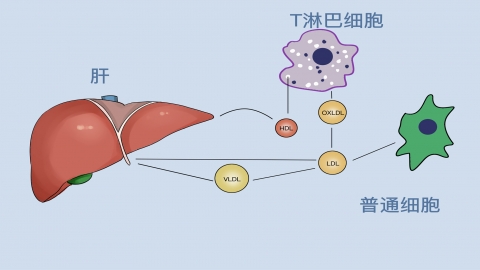Can lymphocytic leukemia be cured?
In general, whether lymphocytic leukemia can be cured depends on a comprehensive evaluation of various factors, including the specific type and stage of the disease, the patient's age, treatment response, and other individual conditions. If any discomfort or suspected symptoms occur, it is recommended to seek medical attention promptly for assessment by a qualified physician who can develop an individualized treatment plan. The detailed analysis is as follows:

For children diagnosed with acute lymphoblastic leukemia (ALL) at an early stage who respond well to treatments such as chemotherapy and targeted therapy and do not have severe underlying diseases, the condition is often curable. These patients typically tolerate treatment well, achieve high remission rates with standardized therapy, and some may attain long-term disease-free survival or even meet clinical cure criteria. Regular follow-up monitoring is sufficient thereafter.
However, if the patient has chronic lymphocytic leukemia (CLL), or is in the advanced stage of acute lymphoblastic leukemia with poor response to treatment, or has serious comorbidities such as severe heart or lung dysfunction, liver or kidney failure, a cure is generally more difficult to achieve. CLL progresses slowly but is difficult to eradicate completely, while advanced-stage acute leukemia poses significant treatment challenges, with higher risks of drug resistance and complications. In such cases, the primary treatment goals are disease control, prolonging survival, and improving quality of life.
After diagnosis, patients should promptly visit the hematology department of a reputable hospital to establish a treatment plan and avoid missing the optimal timing for intervention. During treatment, medications must be taken strictly as prescribed—dosages should not be adjusted or discontinued without medical guidance. Personal hygiene should be maintained, crowded places avoided, and infection risks minimized. A balanced diet with adequate nutrition supports the body’s ability to withstand treatment. Regular follow-up tests, including complete blood counts and bone marrow aspiration, are essential to monitor disease progression. Maintaining a positive mindset and avoiding anxiety or depression is also important to ensure treatment adherence.







